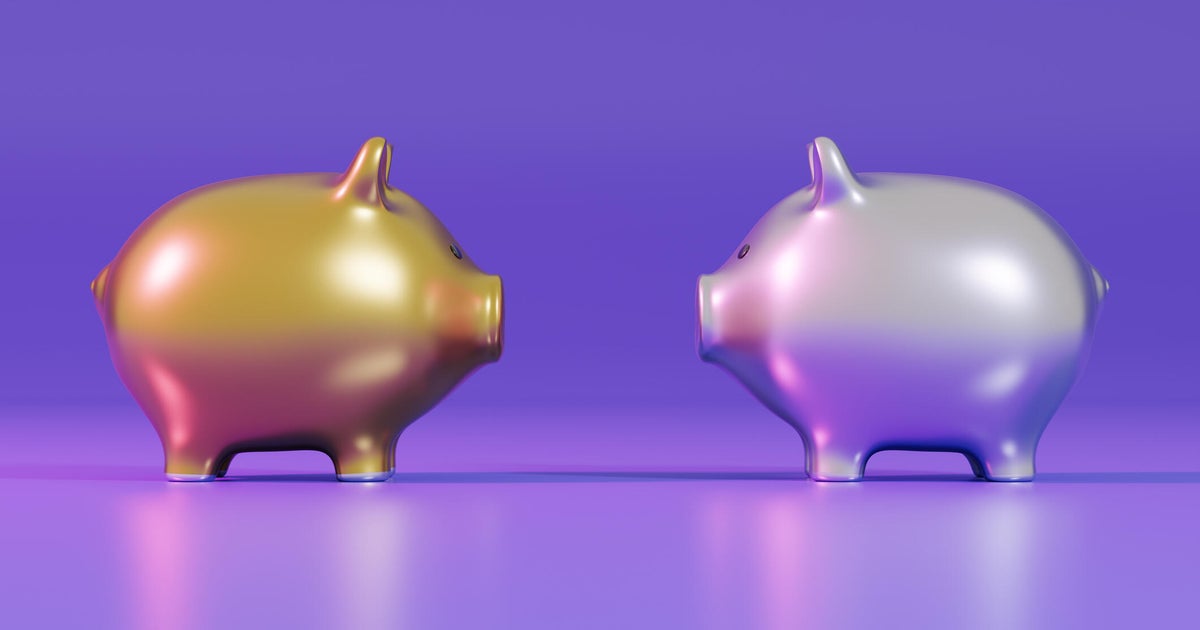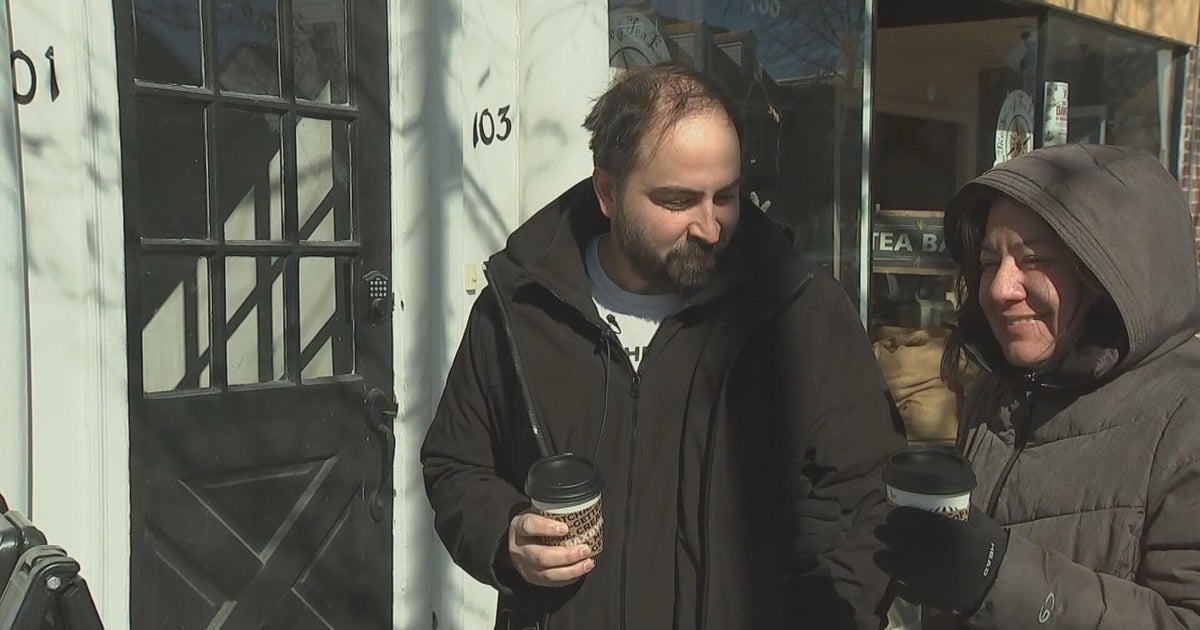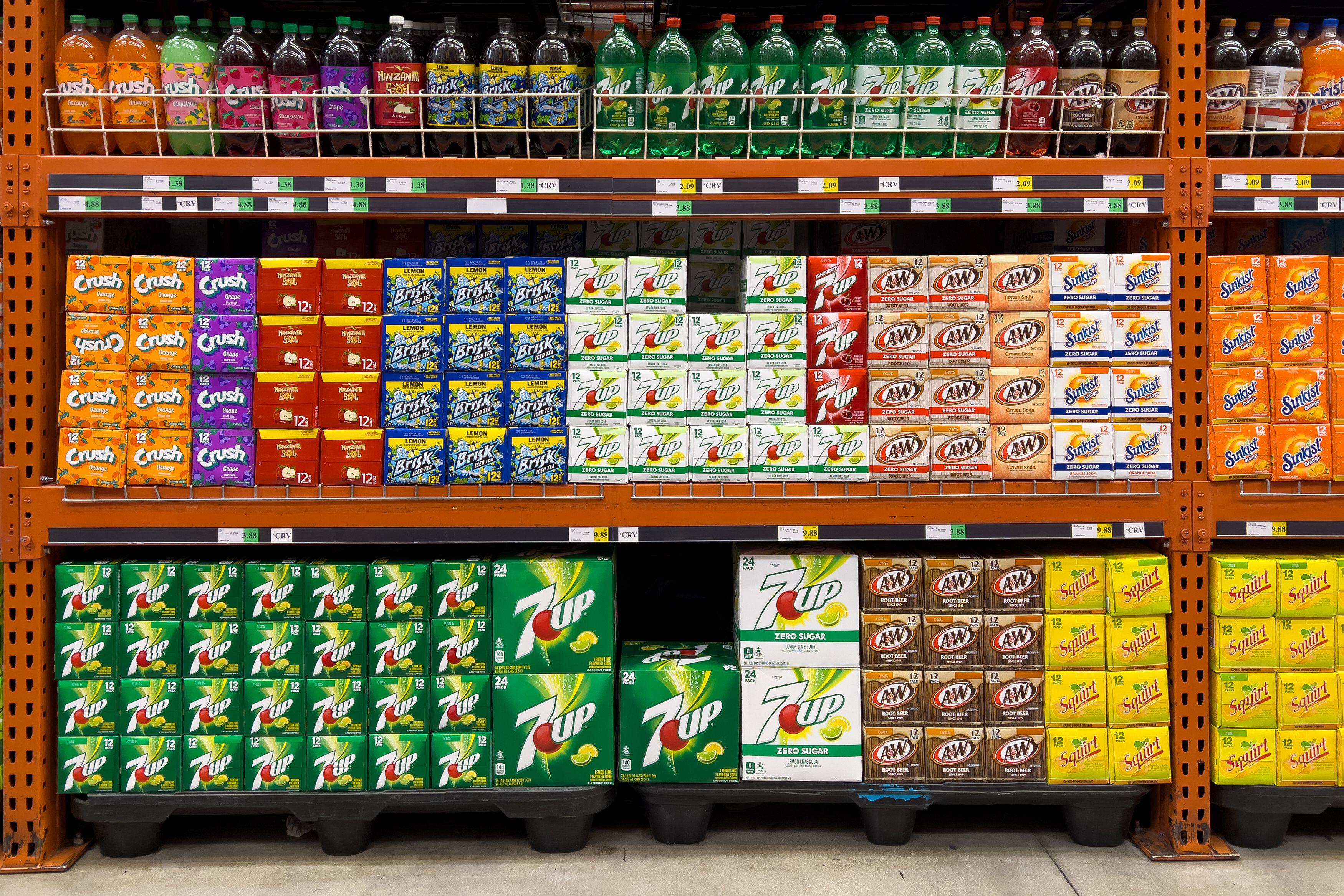Do soda makers target the poor with ads?
Poor Americans consume far more soda than those higher up the income ladder, spurring calls for a ban on using food stamps to buy sugary beverages. But a new study may help explain why that is: In low-income neighborhoods, advertisements for soda are timed to appear in stores shortly after people get those food stamps.
The research, to be published later in this year in the American Journal of Preventive Medicine, found that stores in New York were more than four times as likely to have soda marketing displays during the first nine days of the month. That time period is when food stamps go out in the state.
In general, stores tend to see a jump in sales when federal Supplemental Assistance Food Program (SNAP) benefits, as food stamps are formally called, are disbursed every month.
By contrast, areas with few people on food stamps saw no increase in soda marketing early in the month, report author Alyssa Moran, an assistant professor of health and social policy at the John Hopkins Bloomberg School of Public Health, found. The incidence of ads for low- and no-calorie beverages did not increase in poorer neighborhoods in the days immediately after people got their monthly foo stamps.
Coca-Cola, one of the country's biggest soft-drink producers, dismissed the findings, which are based on data from the New York Department of Health. "The Coca-Cola Company does not consider SNAP issuance when making marketing plans with customers," a spokesperson for the beverage manufacturer said in an email.
Spokespersons with PepsiCo and Dr Pepper Snapple also said their companies don't consider SNAP participation when making advertising and marketing decisions.
The Food Marketing Institute, a trade group that represents retailers, said by email that that singling out food-stamp recipients "does not align with our philosophy."
The American Beverage Association noted that the data used in the study is 2011. It also said that in recent years U.S. beverage makers "have taken substantive actions to encourage consumers to reduce the sugar they get from beverages, including offering more low- and zero-calorie options and smaller package sizes."



